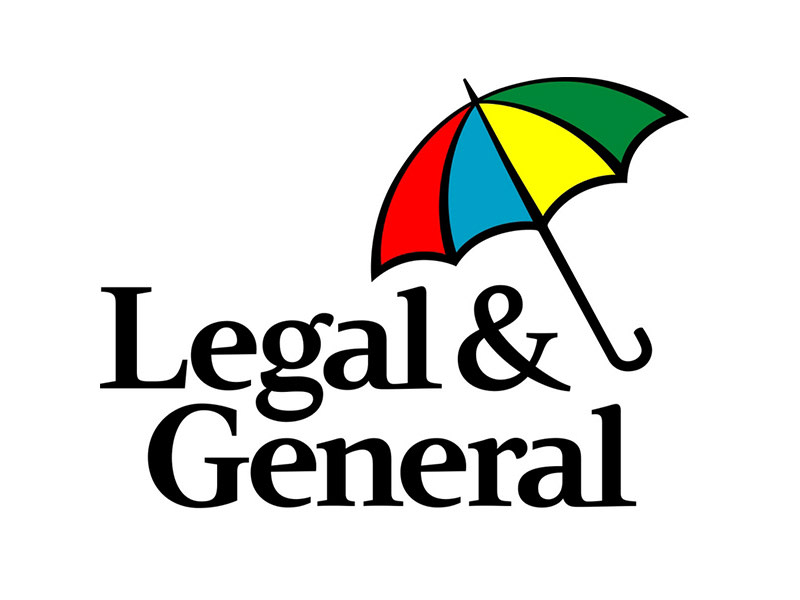Legal & General is one of the UK’s leading providers of passive funds
We think this fund is an excellent option for accessing a broad range of European stock markets
A simple, low-cost way of tracking the FTSE World Europe ex UK Index
This fund currently features on our Wealth Shortlist of funds chosen by our analysts for their long-term performance potential
How it fits in a portfolio
The Legal & General European Index fund offers broad exposure to larger European companies, excluding the UK. Europe is home to successful businesses that make money domestically, as well as across the globe, which means their prospects aren't always reliant on Europe's economy.
An index tracker fund is one of the simplest ways to invest, and we think this fund could be a great, low-cost starting point for a portfolio aiming to deliver long-term growth. It could be a good addition to a global portfolio or could diversify an investment portfolio already focused on areas such as the US or emerging markets.
Manager
Legal & General has run index tracker funds for over 30 years and is one of the largest providers of index funds in the UK. That means it’s got the resources and expertise to track indices as closely as possible, and the scale to keep charges to a minimum.
Each index fund at Legal & General has a primary and secondary manager, though in practice the team as a whole helps to manage each fund. Alongside the wider team, Tom Hammond is the primary manager of this fund. Hammond joined Legal & General in 2000 and has been on the index team for nearly two decades. The secondary manager for this fund is Sacha Mirza. He previously worked as a fund manager at UBS before joining Legal & General in 2013.
Process
This fund aims to track the performance of the broader European stock market, as measured by the FTSE World Europe ex UK Index. The benchmark is currently made up of 569 companies concentrated in sectors like financials, industrials and health care. France, Switzerland and Germany make up a large part of the index, accounting for 21.1%, 19.2% and 17.6% respectively, while the UK is excluded.
The fund aims to invest in every company in the FTSE World Europe ex UK Index and in the same proportion. This is known as full replication and helps to closely match the performance of the index.
In any index tracker fund, factors like withholding taxes, dealing commissions and spreads, and the cost of running the fund all drag on performance. The team try to keep turnover in the portfolio, the frequency at which shares are bought and sold, as low as possible to reduce some of these costs.
Legal & General cross trades shares internally across its own funds when there’s an index rebalance. Trading efficiently like this helps to minimise costs and reduce the tracking difference between the fund and the index.
Legal & General is a conservative tracker fund manager. For example, it doesn’t lend the investments in its index funds like some other companies do.
Culture
Legal & General has developed its passive fund range over the last three decades. The company manages around £500bn in tracker funds, allowing it to offer a wide range of index-tracking options.
Legal & General has built a team of experienced passive fund specialists and is innovative too. If an index doesn’t exist for a sector the team would like to track, they’ll often work with index providers to create one so they can track it.
The team managing this fund works closely with various risk departments across the business. We believe this provides support and adds challenge where appropriate.
Employees are also encouraged to participate in Legal & General’s sharesave scheme which should encourage them to be more engaged with the growth of the company. In addition, a portion of fund managers’ bonuses are invested into the funds they manage. By doing this, their interests are further aligned with the investors in the fund.
ESG Integration
Legal & General Investment Management (LGIM) is predominantly a passive investor, but we are impressed with the extent to which they’ve woven Environmental, Social and Governance (ESG) matters into their culture. Being a mostly passive fund house hasn’t stopped them being innovative when it comes to ESG. In May 2019, the firm launched its ‘Future World’ range of funds, though the European Index fund isn’t a part of this range.
These funds track indices that increase investments in companies that score well on a variety of ESG criteria – from the level of carbon emissions generated, to the number of women on the board and the quality of disclosure on executive pay. They also reduce exposure to companies that score poorly on these measures. The funds also adopt a decarbonisation pathway. This means they’re managed to achieve at least a 7% reduction in carbon emissions per year until 2050.
In 2019, LGIM established its Global Research and Engagement Platform, which brings together representatives from the investment and stewardship teams, in order to unify their engagement efforts. Engagement is conducted in line with the firm’s comprehensive engagement policy. A detailed description of the firm’s engagement and voting activity (including case studies) is available in its annual Active Ownership report. Quarterly Engagement reports are also available.
LGIM’s Stewardship team is responsible for exercising voting rights globally, both for LGIM’s active and index funds. Voting decisions are publicly available through a tool which allows a user to search for any company to find out how LGIM voted, and a detailed rationale is provided for votes against management and abstentions.
The Legal & General European Index fund doesn’t specifically track a benchmark that considers ESG factors or excludes companies in industries such as tobacco or oil and gas.
Cost
The fund has an annual ongoing fund charge of 0.12%, but a discount of 0.06% is available for HL investors, which reduces the charge to 0.06%. Our platform charge of up to 0.45% per annum also applies, except in the Junior ISA, where no platform charge applies.
Performance
The Legal & General European Index has done a good job of tracking the FTSE World Europe ex UK Index. Over the last 10 years, the fund has returned 110.78%* versus 113.31% for the benchmark. As expected from an index tracker fund, it’s fallen behind the benchmark over the long term because of the costs involved in running the fund. However, the tools used by the managers have helped to keep performance tight to the index. Remember, past performance isn’t a guide to future returns.
The performance of stock markets in Europe has been mixed over the past 12 months. The weakest major market was France, which has struggled due to political uncertainty and concerns over its high debt levels. As France makes up the largest part of the index, it can have a big impact on the overall returns of the fund and was the main detractor from performance over the year.
Despite manufacturing struggles, weak demand for its exports and negative growth expectations, Germany’s stock market performed well and contributed the most to the fund’s performance over the year. Some of the larger companies aren’t as reliant on the strength of the German economy and have benefitted from the same themes boosting global markets like technology and in particular Artificial Intelligence (AI).
With inflation falling closer to target, the European Central Bank (ECB) were among the first major central banks to lower interest rates in June. The ECB have continued to cut rates ever since, which are now at their lowest level since March 2023, and further cuts are expected in 2025.
Given Legal & General’s size, experience and expertise running index tracker funds, we expect the fund to continue to track the index closely in the future, though there are no guarantees.
Annual percentage growth
Nov 19 – Nov 20 | Nov 20 – Nov 21 | Nov 21 – Nov 22 | Nov 22 – Nov 23 | Nov 23 – Nov 24 | |
|---|---|---|---|---|---|
Legal & General European Index | 7.37% | 13.52% | -2.91% | 10.24% | 7.19% |
FTSE World Europe ex UK | 7.77% | 14.11% | -3.20% | 10.09% | 7.31% |


